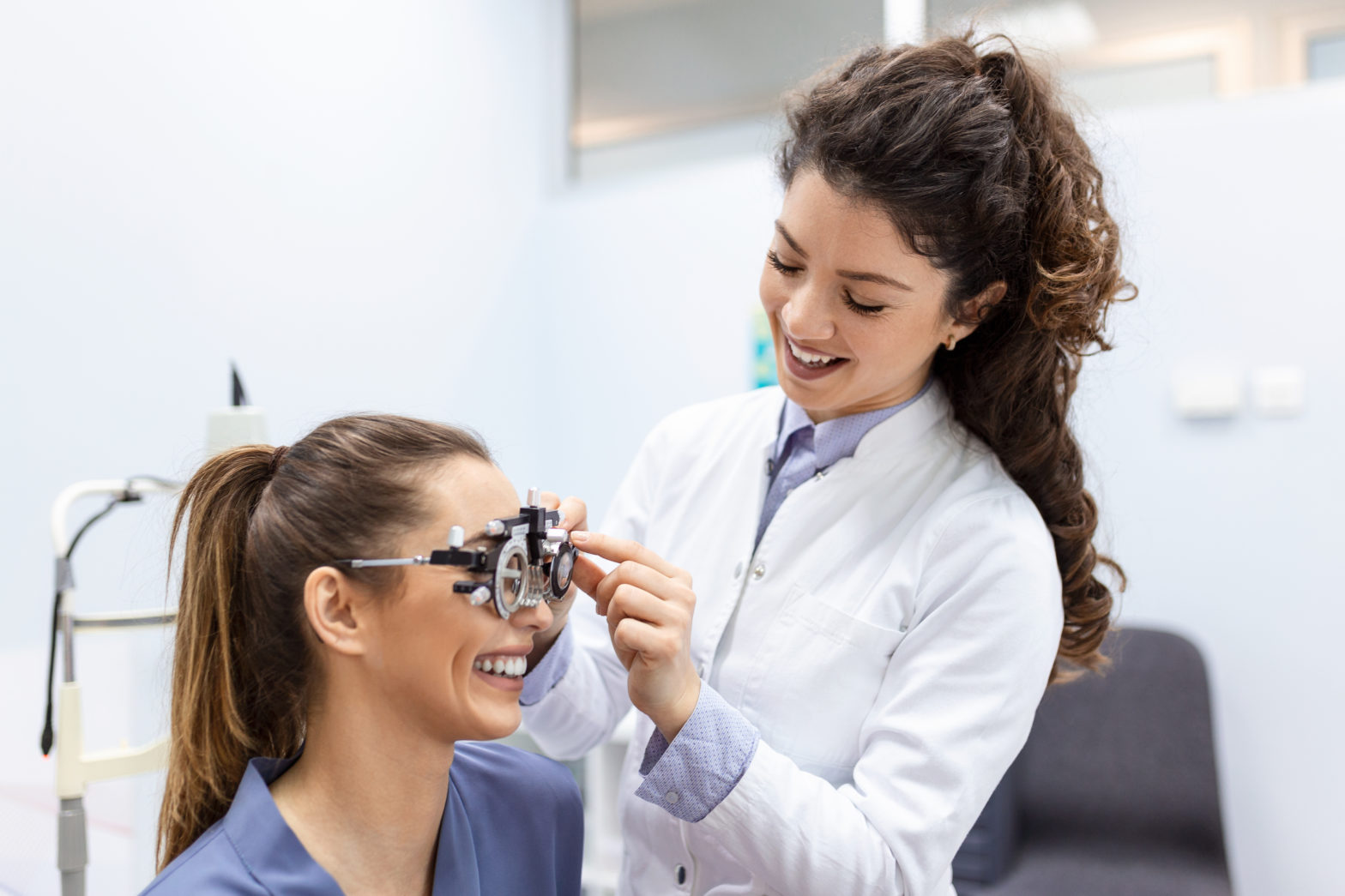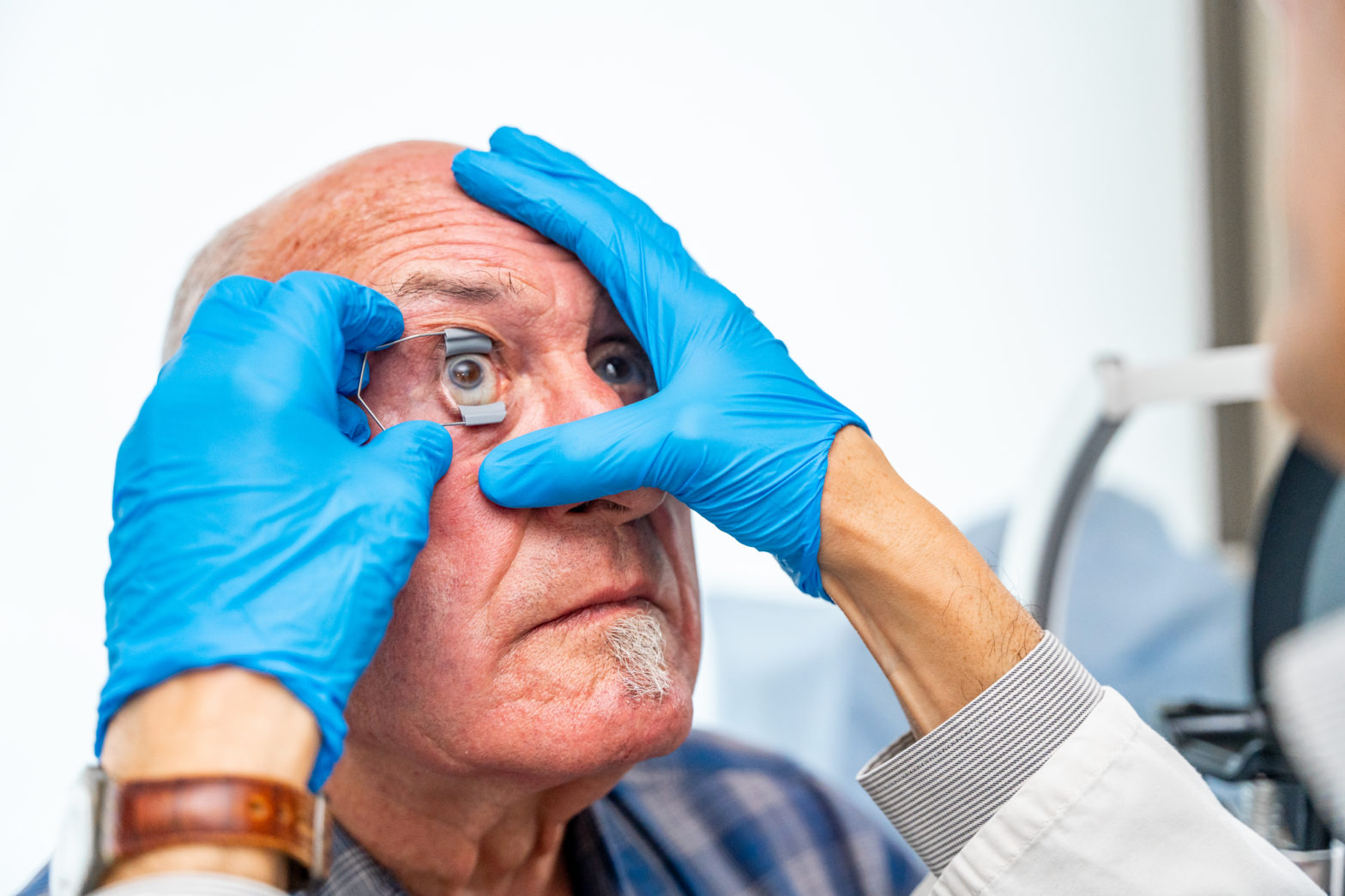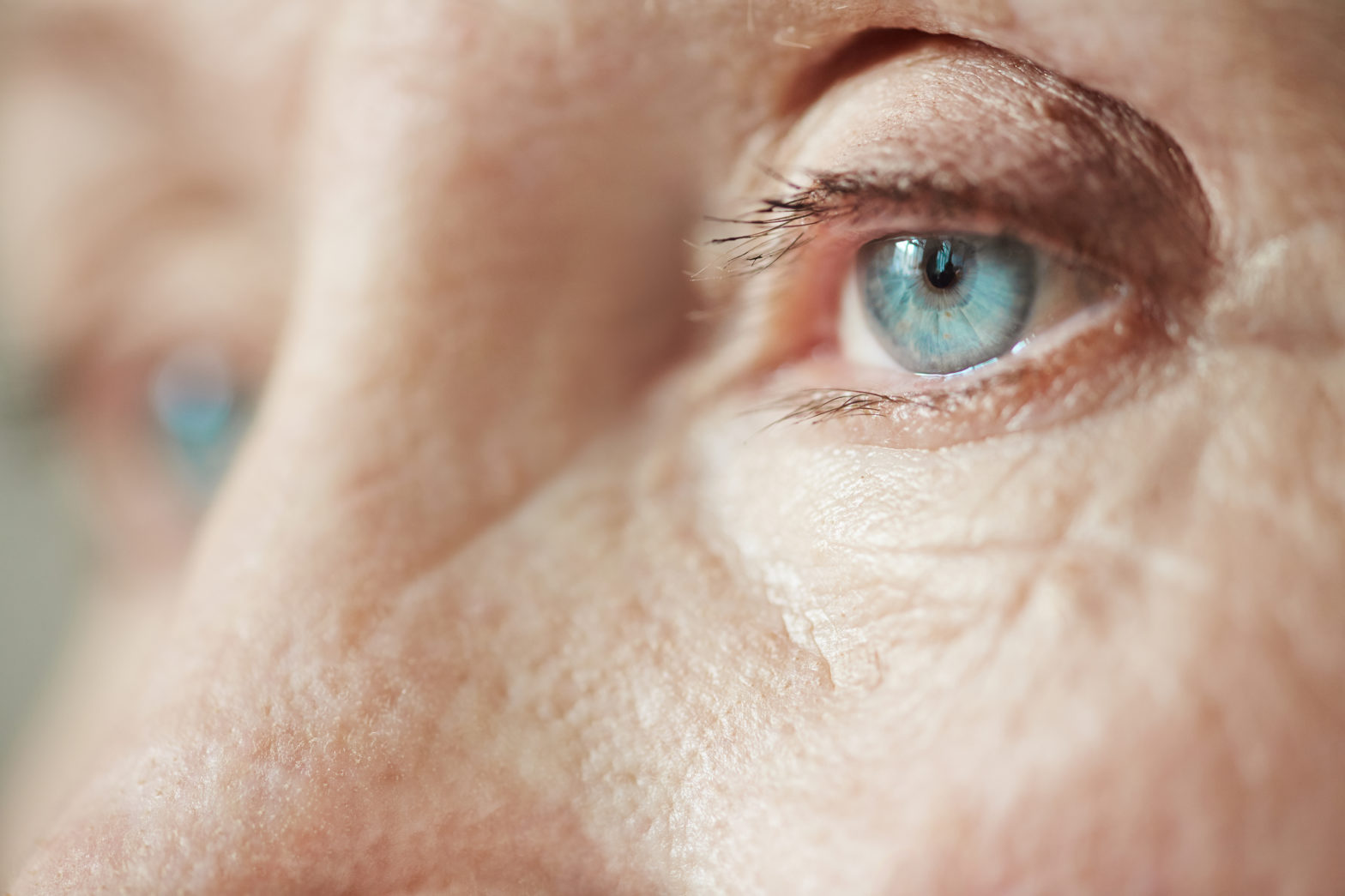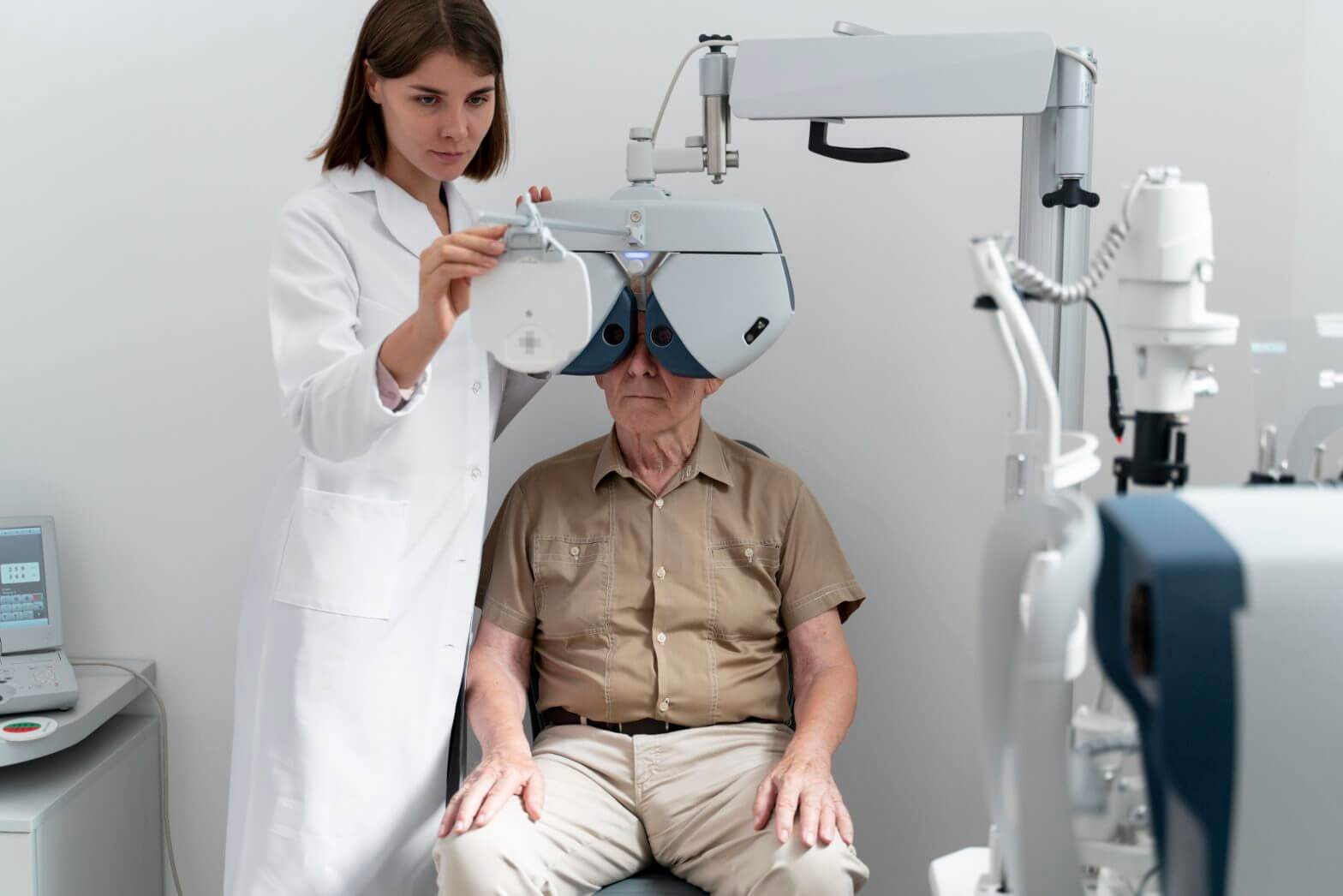In the realm of eye health, conditions like glaucoma and cataracts can significantly impact vision and overall quality of life. Understanding the symptoms, differences, and coping strategies for these eye conditions is crucial for maintaining optimal eye health. Let’s delve into the world of glaucoma and cataracts, exploring their nuances and offering insights into managing these conditions.
Glaucoma versus Cataracts
Glaucoma
- Glaucoma is a group of eye diseases characterised by damage to the optic nerve.
- It is often associated with increased intraocular pressure (pressure inside the eye).
- Over time, untreated glaucoma can lead to vision loss and blindness.
- Symptoms may include peripheral vision loss, tunnel vision, halos around lights, and severe eye pain.
Cataracts
- Cataracts involve the clouding of the eye’s natural lens, which lies behind the iris and the pupil.
- Cataracts typically develop slowly and may initially have little effect on vision.
- Symptoms often include blurry or cloudy vision, difficulty seeing at night, sensitivity to light, and faded colours.
- Ageing is a common factor in the development of cataracts, although other factors like injury, genetics, and certain medications can also contribute.
What are the differences between Glaucoma and Cataracts?
- Glaucoma primarily affects the optic nerve and is often related to increased intraocular pressure.
- Cataracts involve the clouding of the eye’s lens and are typically associated with ageing.
- Glaucoma can lead to irreversible vision loss if left untreated, while cataracts can be surgically removed to restore vision.
- Glaucoma symptoms may include gradual loss of peripheral vision, while cataract symptoms often involve blurred or cloudy vision.
Understanding Coping Strategies
What are the Options for Glaucoma Surgery and Recovery Tips?
- Various surgical options exist for treating glaucoma, including trabeculectomy, laser trabeculoplasty, and minimally invasive glaucoma surgery (MIGS).
- Recovery from glaucoma surgery involves diligent follow-up appointments and adherence to post-operative care instructions provided by your ophthalmologist.
Coping with Glaucoma-related Light Sensitivity
- Individuals with glaucoma may experience heightened sensitivity to light, making it challenging to engage in outdoor activities or even tolerate indoor lighting.
- Wearing sunglasses with UV protection and avoiding bright lights can help alleviate discomfort associated with light sensitivity.
Impact of Blue Light Exposure on Glaucoma Development
While research on the direct link between blue light exposure and glaucoma is ongoing, reducing screen time and using blue light filters on digital devices may help mitigate potential risks associated with prolonged blue light exposure.
Hence, while glaucoma and cataracts are distinct eye conditions with their own set of symptoms and treatment approaches, both underscore the importance of proactive eye care and regular check-ups with an eye care professional. By understanding the nuances of these conditions and implementing appropriate coping strategies, individuals can better manage their eye health and preserve vision for years to come. Now, you can reach out to our eye specialists at Dr Agarwals Eye Hospital for all kinds of eye issues. Call Us 9594924026 | 080-48193411 to book your appointment now.








